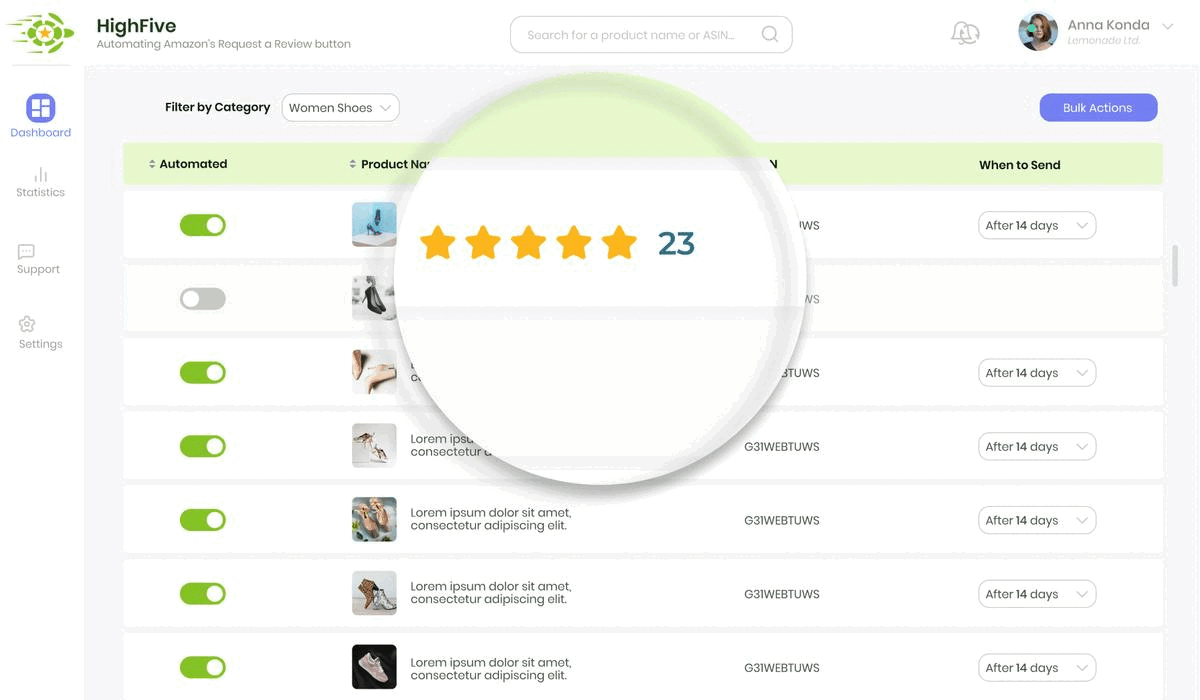I'm often asked about the secret sauce in driving successful products, and my answer always circles back to one thing: understanding your keywords.
Keyword Research can be likened to treasure hunting. Just as how a treasure hunter would study maps and historical records, marketers need to understand the different match types of keywords. It's a world where precision and strategy can yield a fortune or lead to a wild goose chase.
Let me share an anecdote from my own experience. I once had a product that was, in my opinion, a game-changer. But it didn't take off as expected. After some restless nights and countless cups of coffee, I realized the problem wasn't with the product, but with the keywords. I was using keywords that were too broad, attracting the wrong audience and wasting valuable resources.
That's when I began to delve deeper into the realm of match types: broad, phrase, and exact. Each has its own strengths, its own quirks, and its own unique way of connecting products with customers. Understanding these match types was like learning a new language, a language that connected my product with the people who needed it.
In the pages that follow, we'll dive into the heart of this language. We'll explore how the right combination of match types can maximize your conversions and minimize the cost. It's a thrilling journey where every word can make a difference, every phrase can open a new door, and every exact match can be a game-changer.
So, buckle up! We are about to unlock the secret to successful marketing: mastering your keywords. This is not just about selling a product, it's about understanding your product's language, and more importantly, the language of your customers. Let's speak fluently and let's speak effectively.
Here's to better understanding, higher conversions, and successful products!
Keyword Match Types for Amazon Sellers
Using keyword targeting is essential for a successful Amazon PPC campaign. It’s important that you select your keywords carefully to maximize your click-through rate (CTR) and return on ad spend (ROAS).
When deciding on your Amazon keyword ranking, think about what an interested buyer would type into the Amazon search bar. For instance, if you sell portable phone chargers, the most obvious keyword to choose would be “portable phone charger.”
Other relevant keywords might be “portable phone battery,” “battery powered phone charger,” and so on. Your goal is to find all of the most relevant keywords related to your product.
If you have trouble finding high-value keywords relevant to your industry, consider adopting an Amazon keyword tool, as many exist online. And remember that negative keyword targeting on Amazon can be just as important for attracting the right audience if you use it wisely.
How to Choose Keywords
There are three types of keyword matches that occur with Amazon Ads. These options also apply to Amazon negative keyword targeting as well.
- A broad match keyword is when a user’s search term contains the entire keyword. The keyword “walking stick” will match with several search terms like “sticks for walking,” “walking sticks,” and so on.
- A phrase match keyword is when your ad is matched to a user’s search because it contains your keyword words in the same order. For instance, “walking stick” will match with “black walking stick,” “long walking stick,” and “walking stick set.”
- An exact match is when the user’s search matches the keyword exactly. So, a search for “walking stick” will match with “walking stick,” or “walking sticks.”
By understanding these three match types, you will get a better idea of which keywords will be the most lucrative for your products.
